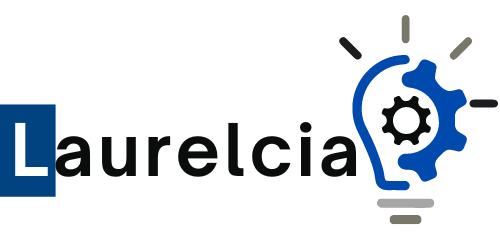
Securing Your Digital Assets: Practical Tips for Individuals
With the increasing prevalence of cyber threats, securing personal digital assets has become more critical than ever. From sensitive financial information to personal communications, individuals are at risk of falling victim to various cyberattacks, including phishing scams, identity theft, and malware infections. To safeguard their digital lives and protect their privacy, individuals must take proactive steps to enhance their cybersecurity posture.
First and foremost, practicing good password hygiene is essential for securing online accounts and preventing unauthorized access. Individuals should use strong, unique passwords for each account and consider using a reputable password manager to securely store and manage passwords. Additionally, enabling multi-factor authentication (MFA) whenever possible adds an extra layer of security by requiring an additional form of verification beyond just a password.
Moreover, exercising caution when browsing the internet and interacting with unknown or suspicious content is crucial for avoiding malware infections and phishing attacks. Individuals should be wary of clicking on links or downloading attachments from unfamiliar sources, as these could contain malicious code designed to compromise their devices or steal their personal information. Installing reputable antivirus software and keeping it up to date can also help detect and prevent malware infections.


Furthermore, securing personal devices, such as computers, smartphones, and tablets, is essential for protecting sensitive data and maintaining privacy. Individuals should regularly install software updates and security patches to address known vulnerabilities and weaknesses. Additionally, enabling device encryption and implementing remote wipe capabilities can help protect data in the event of loss or theft.
Lastly, practicing discretion and being mindful of the information shared online can help minimize the risk of becoming a target for cybercriminals. Individuals should avoid oversharing personal information on social media platforms and be cautious when posting about their whereabouts or activities. Additionally, being mindful of privacy settings and adjusting them accordingly can help control who has access to personal information.

In conclusion, securing personal digital assets is essential for protecting against cyber threats and maintaining privacy in an increasingly connected world. By practicing good password hygiene, exercising caution when browsing the internet, securing personal devices, and being mindful of online behaviors, individuals can enhance their cybersecurity posture and reduce their risk of falling victim to cyberattacks.





